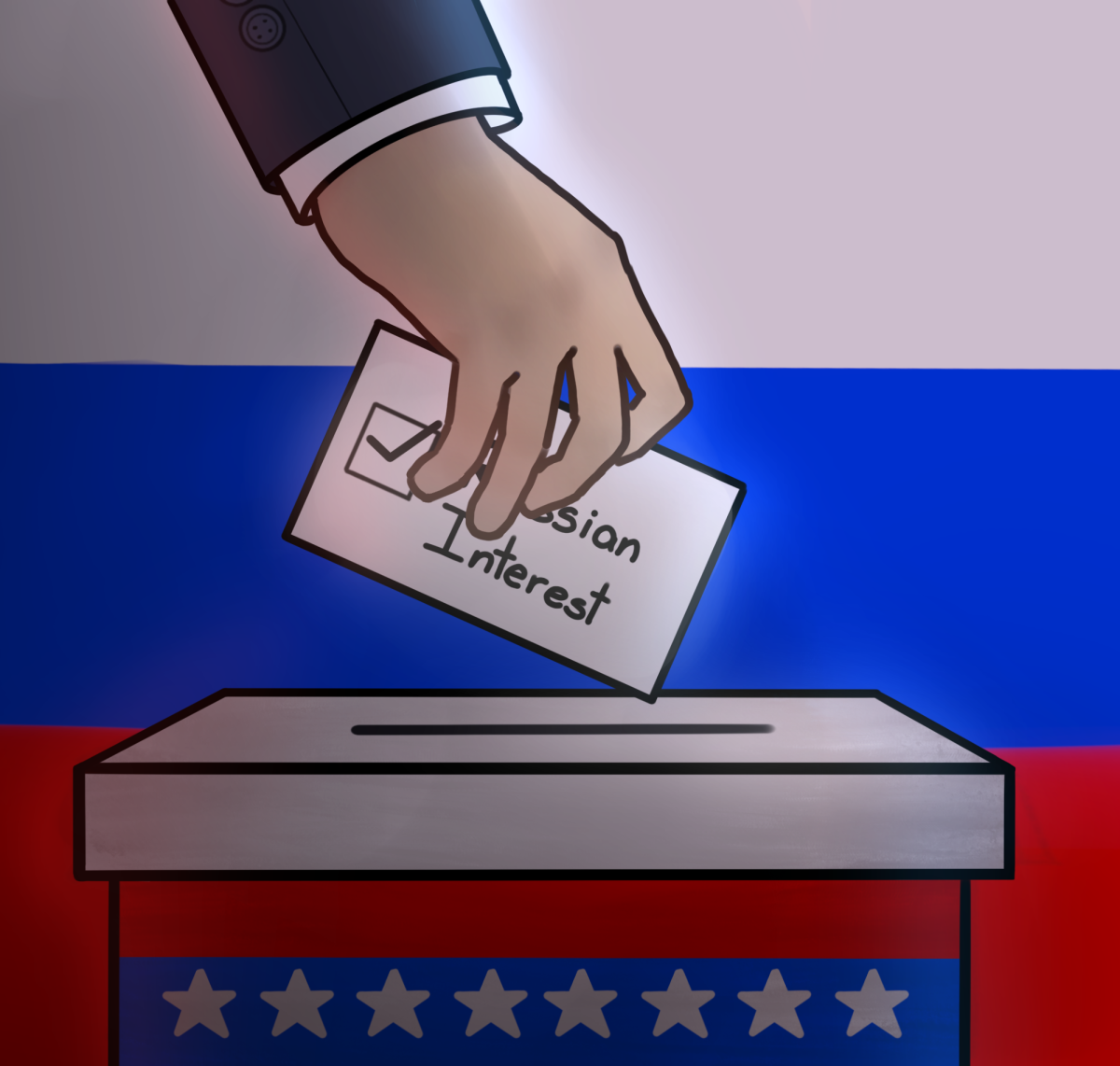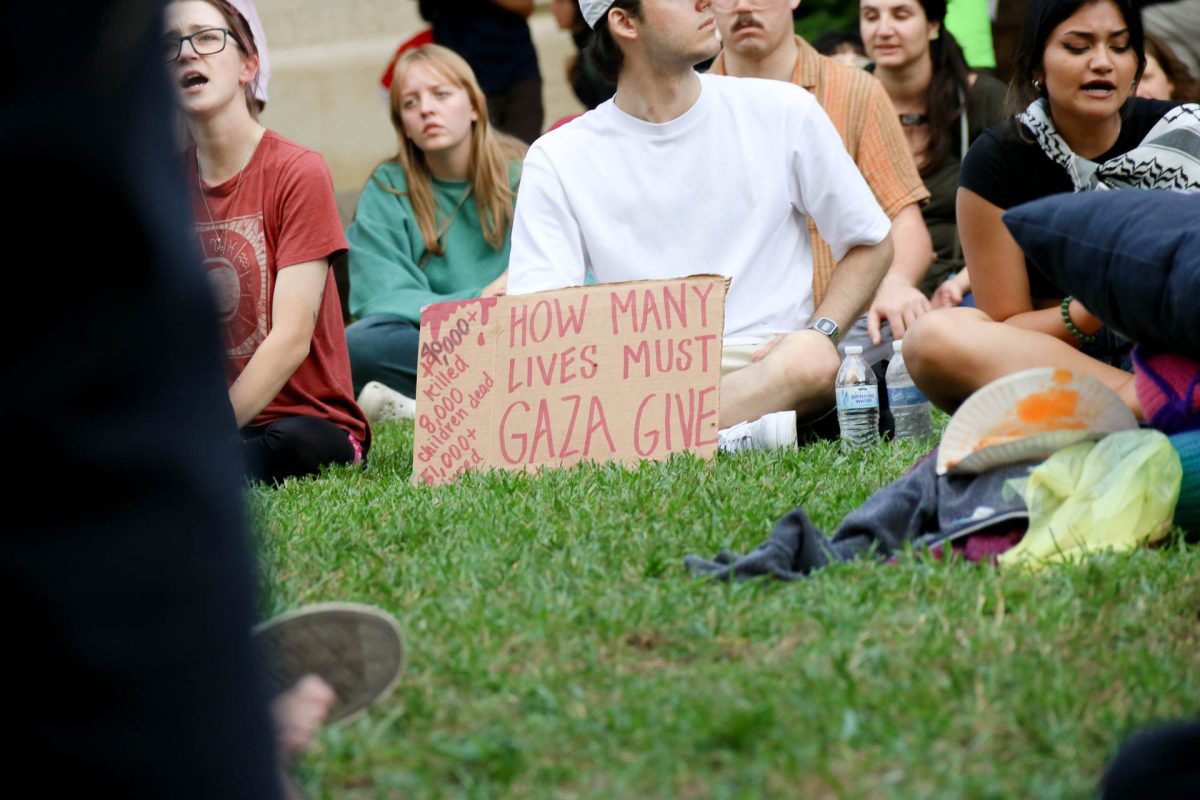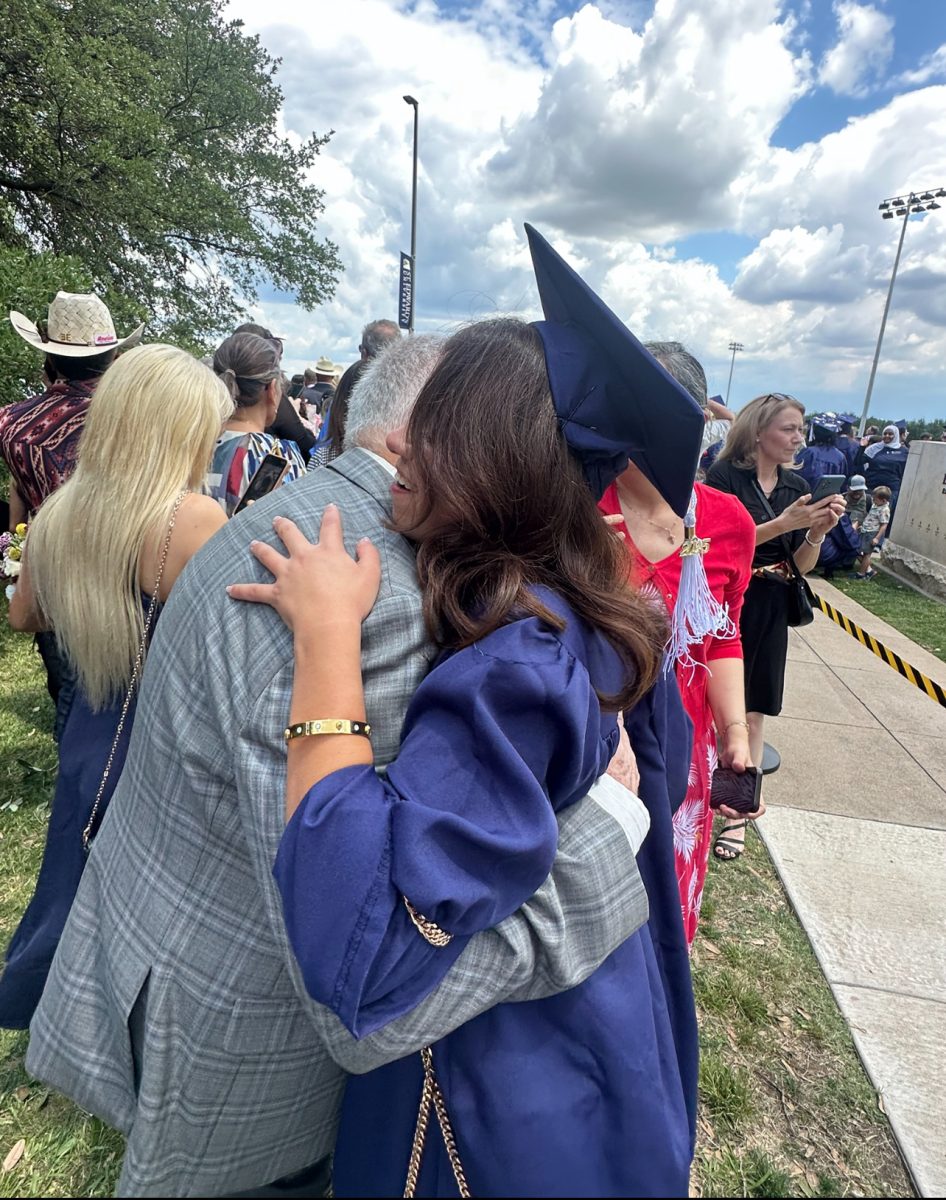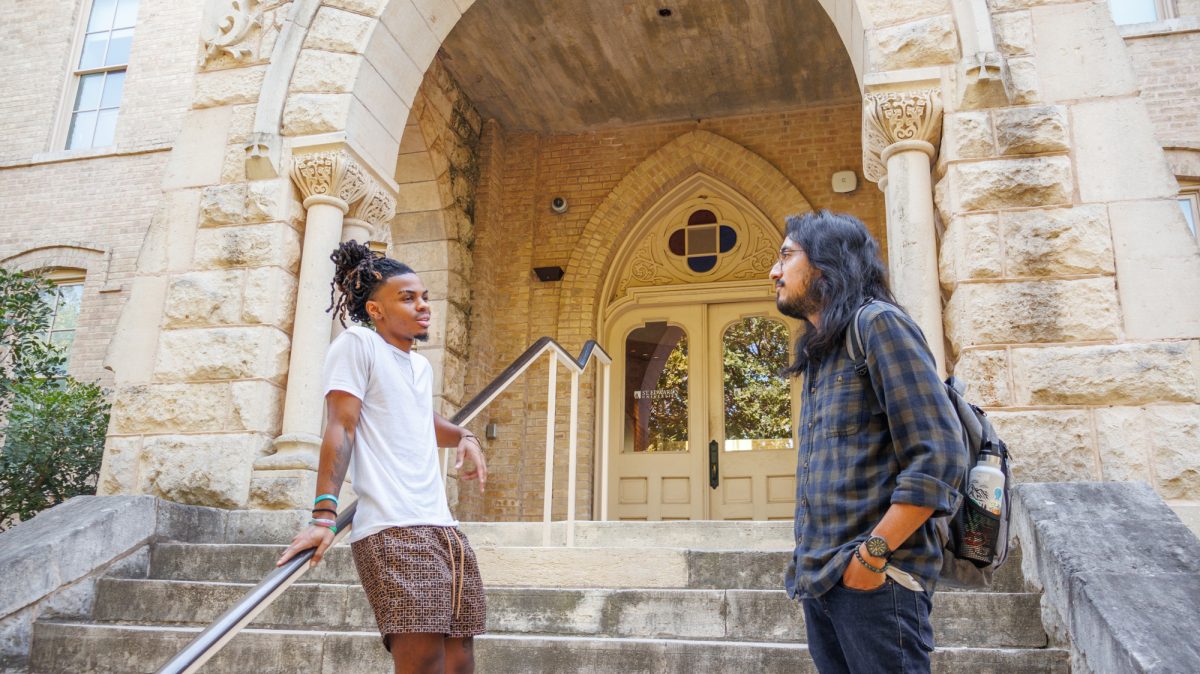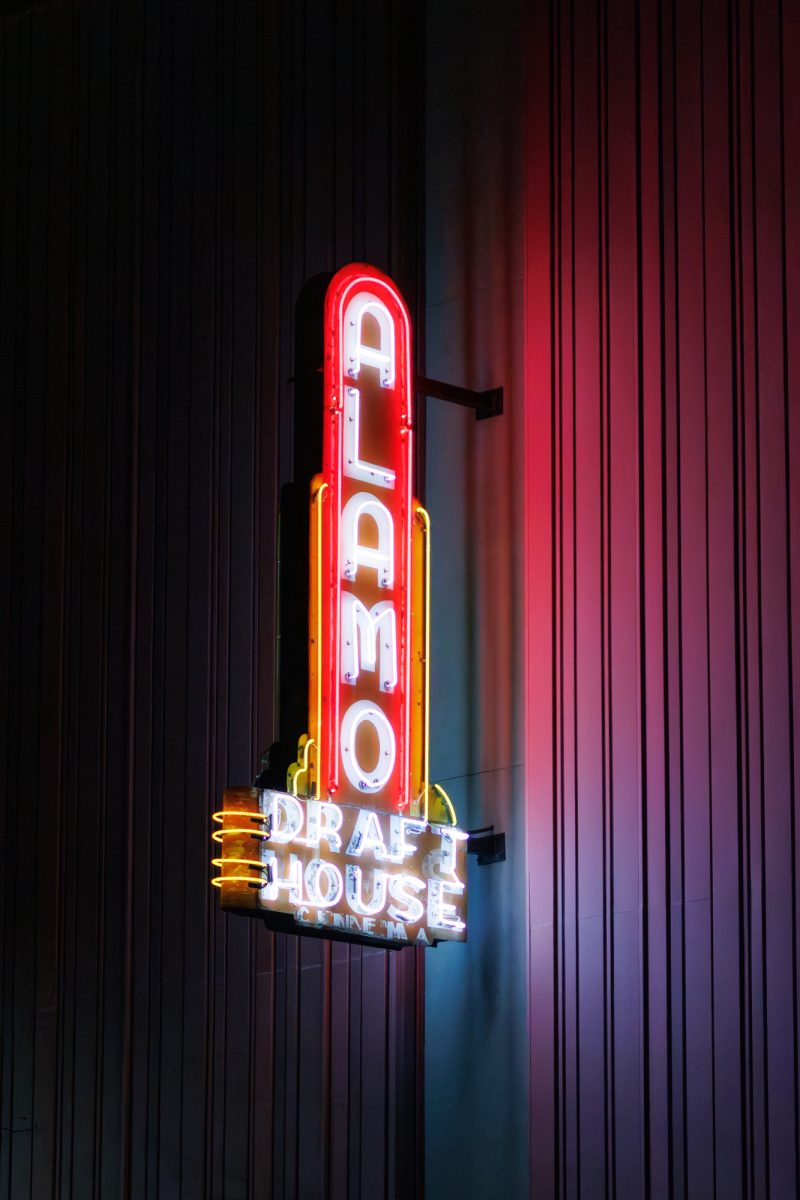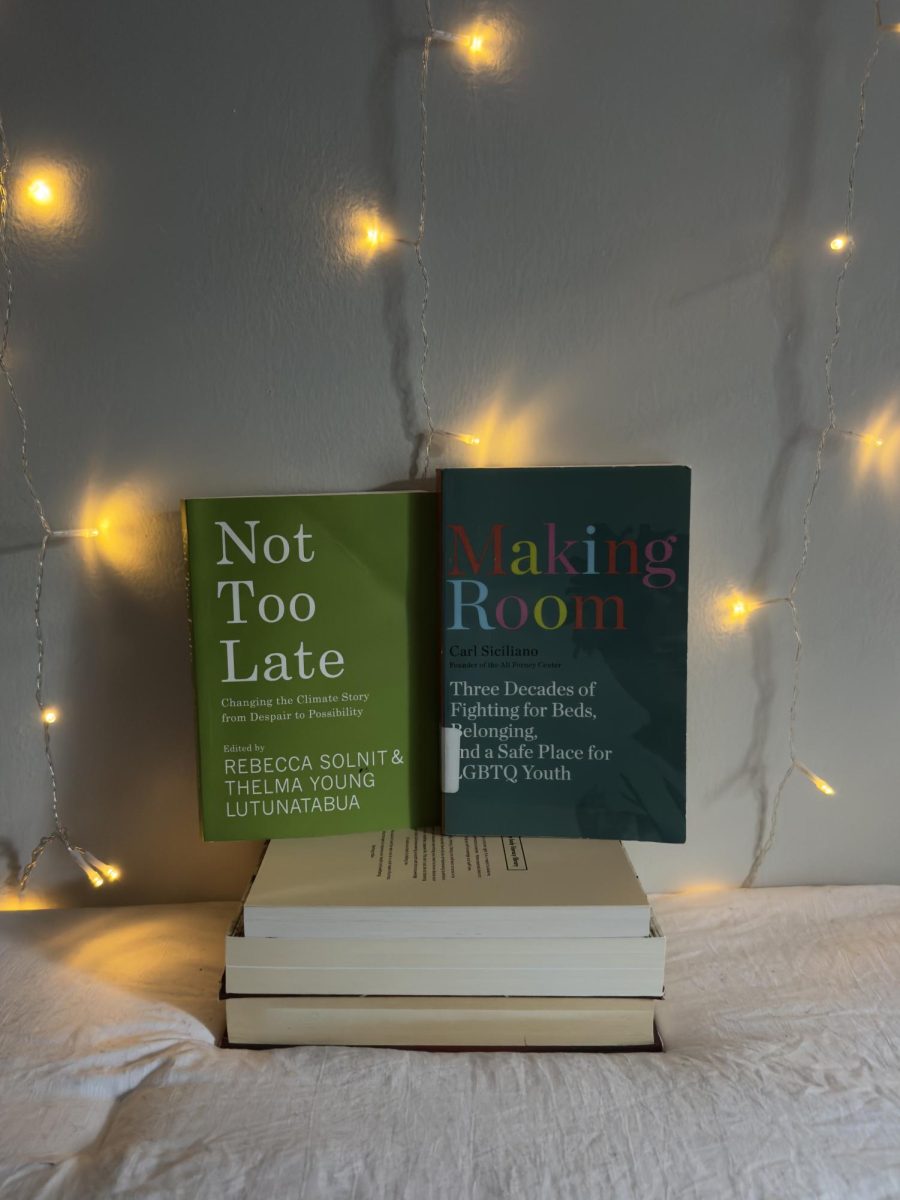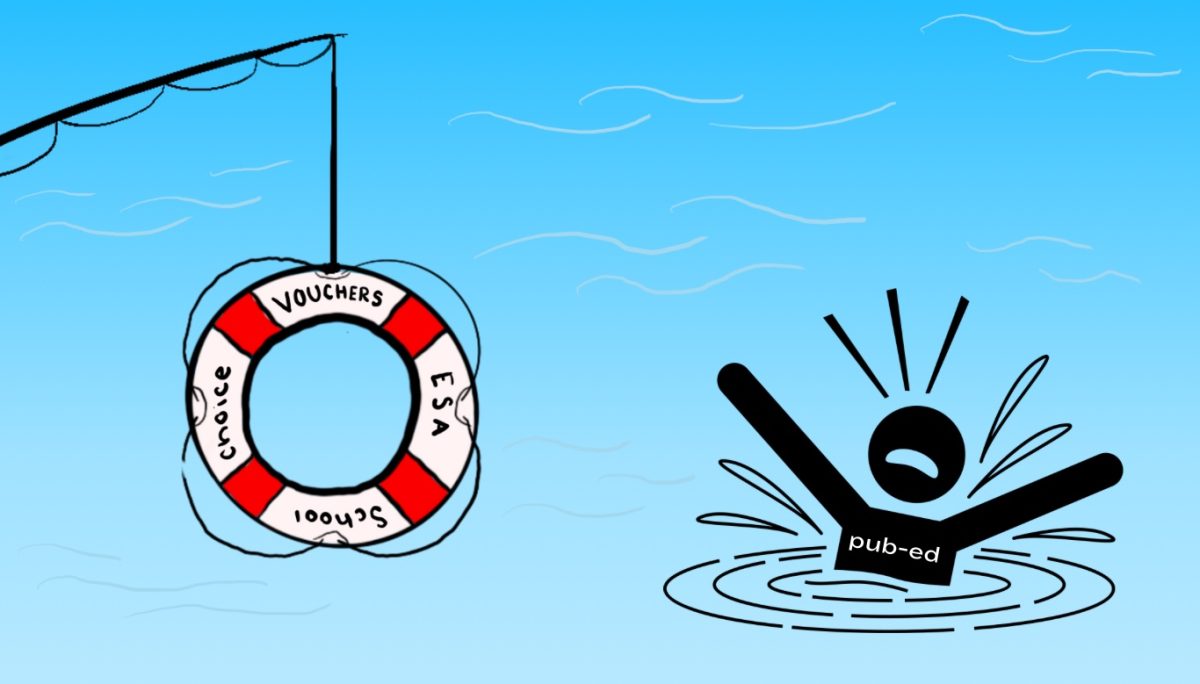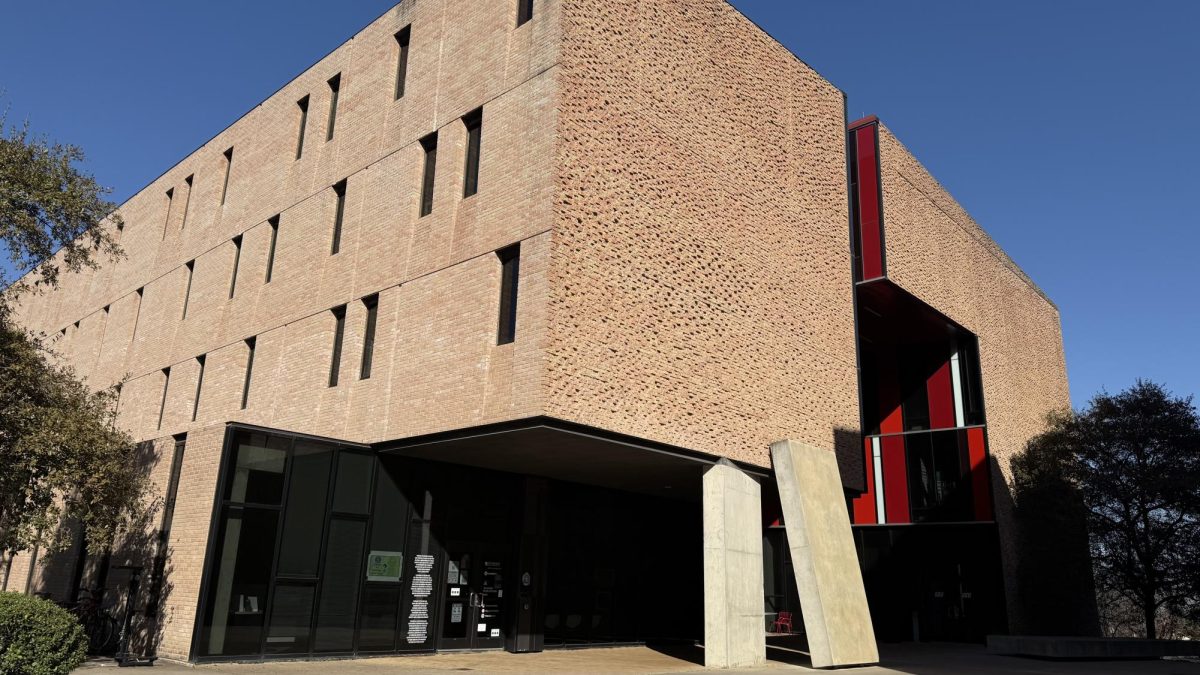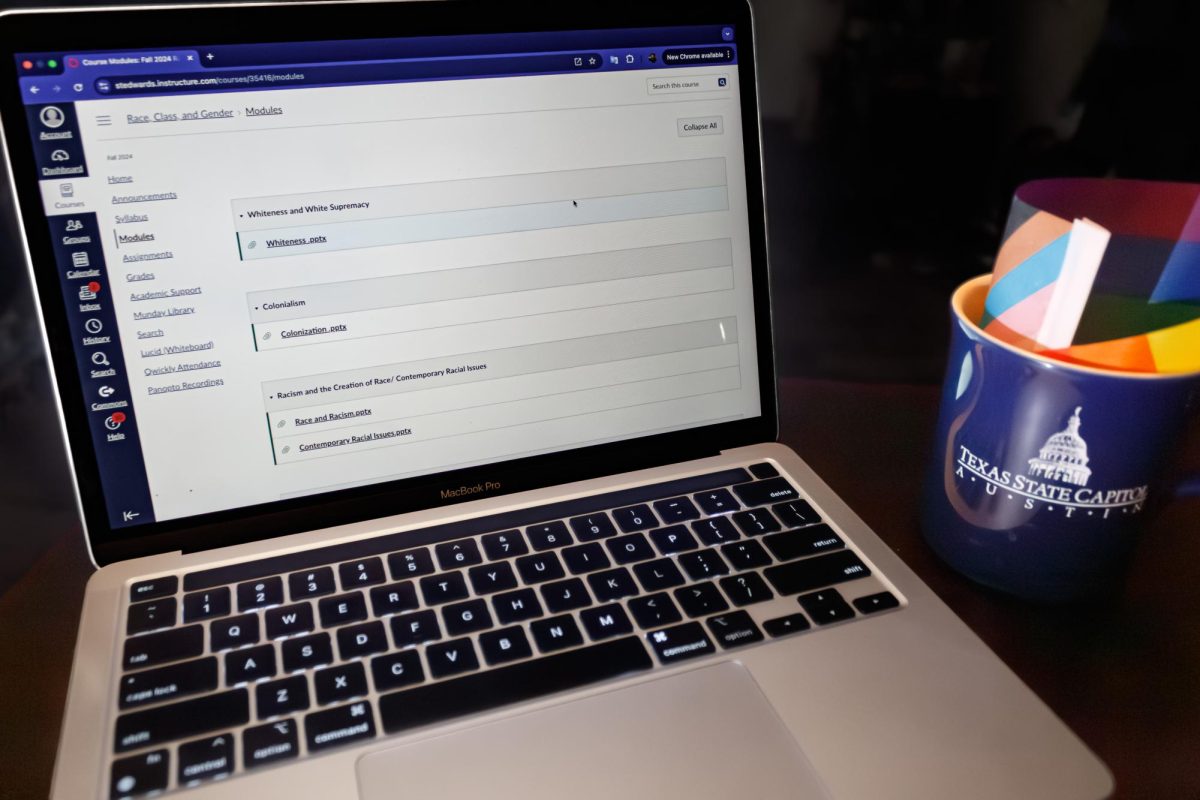In an interview with Russia’s President Vladimir Putin via the Kremlin’s media team, Putin stated that “Russia would prefer to see President Joe Biden win a second term” as opposed to former president Donald Trump. This statement comes at a strange and pivotal moment, as Biden is ramping up for the 2024 election and has recently placed sanctions on the Russian Federation. By providing a statement about the upcoming presidential election, Putin continues his systematic insertion of Russia into the U.S.’ politics. Such actions deliberately cause a need for America to interact with Russia, which in turn muddies the American political climate.
The actions of Putin over his almost 20-year reign as Russia’s head of state are emblematic of a vitriolic nation set on returning to superpower status. This statement by Putin is just one in a long lineage of complicated relationships between the U.S. and Russia, which has dated as far back as the 1917 October Revolution. Historically, much of the hysteria surrounding Russia’s involvement with the U.S. has been just that: hysteria. However, modern revelations on disinformation campaigns created by Russia has added a certain credibility to general suspicions held by the American public.
Notoriously, during the 2016 U.S. Presidential Election, 11 Russians were found guilty of conspiring to interfere with its procedures in what was revealed to be a Putin-ordered operative called Project Lathka. The Federal Bureau of Investigation found that these Russians were attempting to hack U.S. computers which were administering the election and sought to potentially release materials owned by the U.S.’ government.
Additionally, Project Lathka and other attempted campaigns were to the benefit of former U.S. President Donald Trump. The spread of disinformation in the 2016 election was so pervasive that more people were engaging with “fake news” on Facebook than mainstream news by over 1 million views.
Ultimately, the aftershock of Project Lathka caused more damage than the conspirators ever did due to the fact the incident created a sense of distrust in the American citizenry. It illustrated to the public that America’s democracy was not untouchable and that a malicious Russia was once again diametrically opposed to American democracy.
Because of this, the White House has questioned the sincerity and purpose of Putin’s statement on Biden. In a press release on Feb. 15, national security spokesman John Kirby stated that “Mr. Putin knows very well what this administration has been doing to — to counter Russia’s malign influence around the world.” Specifically, the Biden administration is countering this malign influence with “500 new sanctions against Russia for its ongoing war of conquest on Ukraine and for the death of Aleksey Navalny.”
During Biden’s presidency, he has presented many offenses to Russia’s military aggressions in Ukraine and undemocratic processes, making Putin’s statement on preferring him even more puzzling. The most reasonable explanation I have come to is that the statement is ultimately an attempt to sabotage Biden’s election and that Putin views a Trump presidency as helpful to Russia’s ascension back to their status before the Cold War.
Trump has had one of the most close ties to Russia of any of our presidents, even stating himself he has a “very good relationship with Putin.” With him as a president, there would be less accountability for the actions taken by Putin. Trump has expressed little support for Ukrainians under siege by Russia, and has routinely opposed potential aid packages sent to the country.
After the fall of the Soviet Union, the Russian Federation saw a severe drop in global influence – revealing America to be the supreme global superpower. Slowly since the 1990s, Russia has been attempting to regain this status with military offenses in Ukraine and by disseminating disinformation campaigns throughout the Western World.
As a democracy, America must stay resilient against the influence of Russia in this era of post-truth and psychological operations. If a 2024 election is afflicted with the same interference as the 2016 election, there is no assumption as to what American democracy will look like in the coming years.

